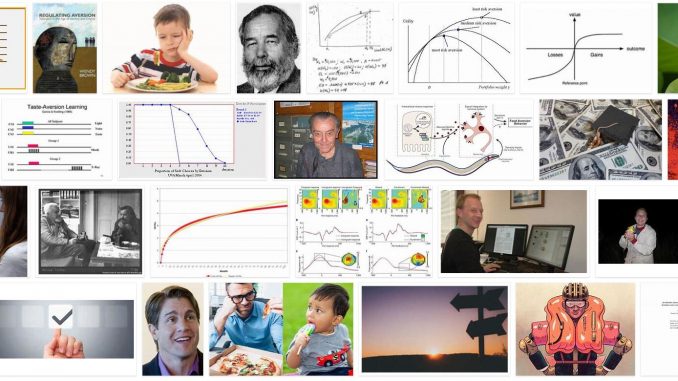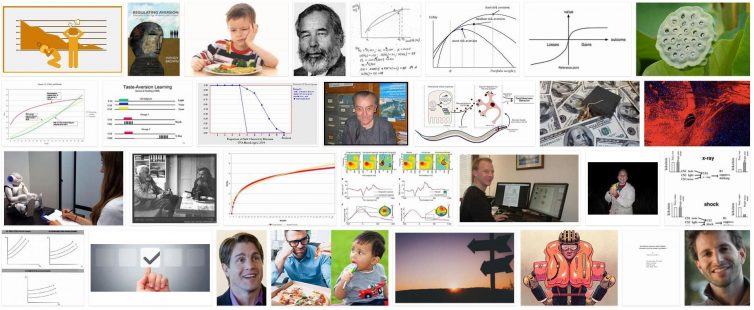
Aversion is a rejection or disgust towards something to someone. It comes from the Latin aversĭo, -ōnis. Some synonyms for the word ‘dislike’ are: disgust, dislike, mania, tyranny, animosity and repulsion. When you talk about a great aversion, you can talk about fear, panic or phobia. Some terms opposed to ‘aversion’ can be: sympathy, affection and attraction. Normally, the word ‘dislike’ is used with the verbs ‘have’ and ‘feel’. For example: ‘I feel dislike of insects’.
In Psychology, some authors consider aversion as one of the eight basic emotions of the human being. There are other classifications that identify it as a secondary emotion. In any case, the aversion is a subjective reaction of repulsion and disgust before an external stimulus that causes organic changes (physiological and endocrine) of innate origin, although in many cases, also influenced by experience. It is understood that the aversion has an original function of protection against something that is perceived as negative, harmful or dangerous for the person as it encourages him to depart.
Risk aversion
In Economia, ‘risk aversion‘ is a term used to indicate the rejection of financial risk by investors. All investors are considered to be risk averse, but there are different degrees of aversion that establish the profile of the investor (conservative, medium or risky). In general, a person with a high risk aversion (corresponding to a conservative profile) usually chooses products with lower expected benefits but with more stability. On the other hand, an investor with low risk aversion (risky profile), usually chooses products that can give greater benefits in exchange for possible losses.
Aversion to change
There is talk of ‘aversion to change‘ or ‘fear of change‘ in different areas to indicate the refusal to leave the comfort zone. At the collective and institutional level, for example, we can talk about the fact that there is an immobility or aversion to change in some organizations due to the insecurity that changes usually generate. The breakdown of the routine and the fact of facing new tasks and situations can lead to conservatism also at the individual level. These attitudes are opposed to an open and flexible mentality.
Aversion therapy
In Psychology an aversion therapy is a type of treatment that seeks to modify a behavior by associating it with an unpleasant stimulation, internal or external. It is intended that this association causes the cessation of behavior that is considered unwanted. In some cases, this stimulus can be from the administration of drugs to the application of electric shocks. It has been applied in therapies related to the treatment of smoking and alcoholism, among other addictions.
